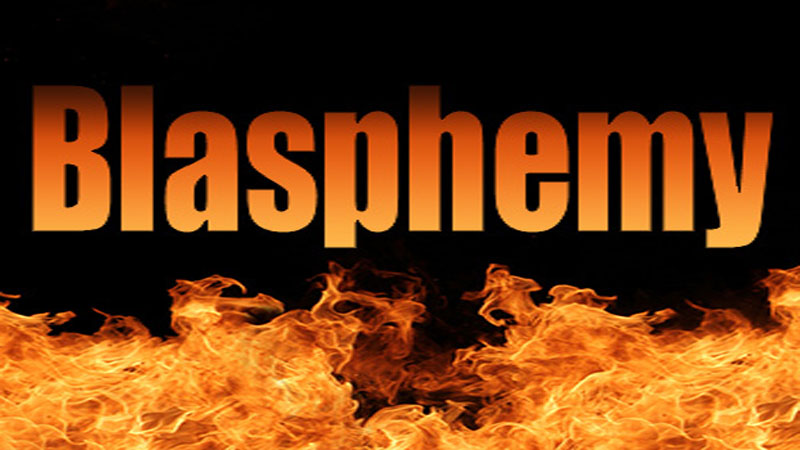Srinagar: Pakistan’s Supreme Court will decide on January 29 whether to allow an appeal against its acquittal of a Christian woman who was on death row for eight years for blasphemy.
The Supreme Court’s decision in October last year to overturn the conviction of Asia Bibi sparked nationwide protests and death threats from hardline groups.
Chief Justice Asif Saeed Khosa will head the three-member bench that will hear the review petition, filed by the complainant in the case Qari Muhammad Salaam, next week on Tuesday, the Dawn reported.
Aasia, a 47-year-old mother of four, who is now in protective custody, was convicted in 2010 after being accused of insulting Islam in a row with her neighbours. She always maintained her innocence, but spent most of the past eight years in solitary confinement.

The apex court’s decision to acquit her had sparked three-day-long mass protests led by the Tehreek-i-Labbaik Pakistan (TLP).
The protests were called off after the religio-political party reached an agreement with the government, the foremost condition of which was the placement of Aasia’s name on the Exit Control List.
The government, however, had only agreed to “initiate the legal process” to place her name on the list, while also agreeing that it would not oppose any review petitions being filed against the court judgement.
After her release from Multan’s women prison on November 7, Aasia was flown to Islamabad onboard a special aircraft. She was then taken to an undisclosed place amid tight security.
Authorities have remained tightlipped about her movement and whereabouts for security reasons.
Qari filed the review petition in the case on November 1, 2018 at the Lahore registry of the apex court, urging the Supreme Court to reconsider its decision.
The petitioner had also sought the placement of Aasia’s name on the Exit Control List (ECL) till the judgement is reviewed.
In the petition, it has been argued that the Supreme Court’s acquittal of Aasia did not meet the standards of jurisprudence as well as Islamic provisions and the “normal principle of justice with reference to application in blasphemy laws”.
It has also asked that a member of the Appellate Shariat Court be included in the bench that reviews the judgement “because this matter needs detailed in-depth consideration and due to the peculiar circumstances of the case as well as Application of Section 295-C in its time letter and spirit”.
It has also challenged the Supreme Court’s dismissal of the alleged “confession” that Aasia was forced to make by the people of her village and argued that the Supreme Court should have applied the Law of Evidence differently in this case.
Her case has been deeply divisive in Pakistan where there is strong support for the controversial blasphemy laws.
The blasphemy laws were promulgated by former military dictator Ziaul Haq in 1980s. A person convicted under these laws is given death sentence.
Aasia was accused of committing blasphemy in 2009. She was convicted in 2010 by the trial court and her death sentence was maintained by the Lahore High Court in 2014.
Her case gained prominence when former governor of Pakistan’s Punjab province Salman Taseer was killed in 2011 for supporting her and criticising the blasphemy laws.
A month after Taseer was killed, Pakistan’s religious minorities minister Shahbaz Bhatti, a Christian who spoke out against the blasphemy law, was shot dead in Islamabad.
